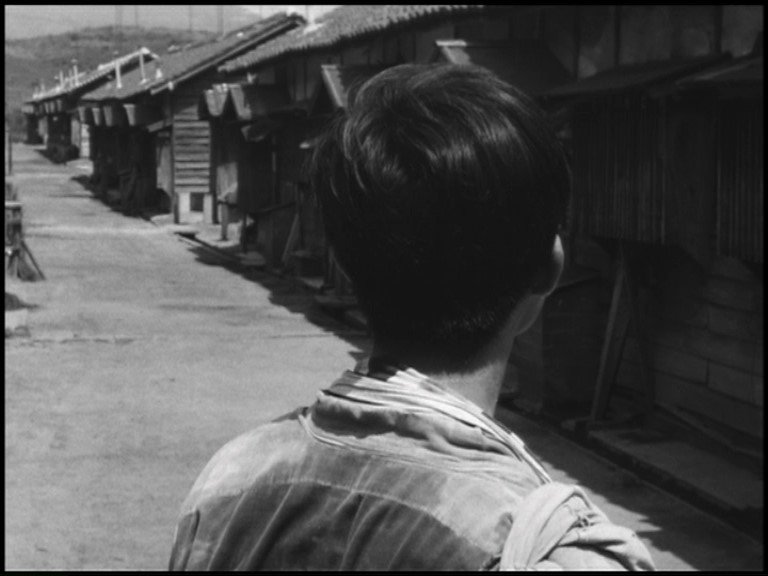
So much of life can't be communicated in words. In our rational, hard-empirical age we like to think that anything and everything is communicable, and as we come to understand the world (through trial-and-error, reproducible experiment) we invent new words and coin new terms to help in that process. Furthermore, we create new languages of math, genetics, physics, computer science, to supplement failings in our original language, grafting one to the others, never sure whether we're inventing or discovering, but generally meandering along with relative certainty we're getting things right.
I'm a big fan of Kobo Abe's work, and although a fairly obscure writer outside of Japan he is in my top 5 of all time. This isn't because Abe is a great writer, in the way that maybe Joyce is, being a linguistic adept who bends their art for the sheer aesthetic thrill of doing so, ultimately to no end. Nor is it because Abe is a particularly good storyteller, his work is often a two dimensional likeness of Kafka that is transparent, or at least seems to be.
Instead Abe is attempting something that writing isn't particularly fit to do. He tries to communicate conscious experience.
Not trains of thought, not a series of hard and certain experiences, not the nuances of sensations, not even mental illness, but the way the conscious being relates to itself, through a feedback loop of the individual's contribution to the creation of experiences, and then then the reaction to experiences in order to contribute to the creation of new ones.
If that sounds complicated, it is, and it's no wonder that most of the time Abe fails. What should be a series of vivid images, mental comments on those images, and emotional responses to those comments, followed by a change of the images (and so on) we instead have a paragraph of ineffectual (if not meaningless) babble that the reader struggles to care about.
This is when Abe should be at his best, when he's creating conscious experience in all of it's fluidity, but in general it's when I just skim read.
Luckily Abe has another trick up his sleeve. In The Ruined Map a series of events communicates the conscious experience in a narrative way. Rather than fragmented sensory impressions, which are hard to communicate with any gravity, we have environments and characters, which are more relatable. Instead of tumultuous thoughts we have plot development, which is more comprehensible. Instead of emotional responses we have actions taken by the character, thus resulting in new environments and characters. As a result we get a somewhat hodgepodge book that isn't particularly convincing nor made up of lasting images or plot, in fact if you ask me what is good about Abe I would struggle to communicate it in a sentence, because as I said, what Abe is trying to do language isn't suited for.
In an ideal world Abe would be able to create a virtual reality simulation, somewhat recursive, sort of beginning where it ends, and showing with all the splendour, terror, confusion, and significance, the conscious experience of being lost, but if Abe did have such tools someone else would probably be able to make a better experience than a detective story about a guy looking for a lost man who may have been involved in an illegal taxi ring.
As a result, Abe doesn't fit anywhere. His work is banal, at times excessive if not depraved, and sort of boring. It doesn't take as assumed that anything is valuable so we can't sink ourselves into the fantasies of romantic Russian gentry, or the visceral intrigues of medieval politics, or even the everyday beauty of real human beings, instead we have a fascimile. A person who is not a person, a life which is not a life, a story which is not really a story. We're confused, and we're lost, and I'm guessing that to Abe that's the point, and so if we're taking that as our metric he entirely succeeds, but then is what he's doing worth doing at all? I don't know, I don't think you're supposed to know. I think, like the protagonist of this book, you just have to keep searching, knowing that what you're looking can't be found.